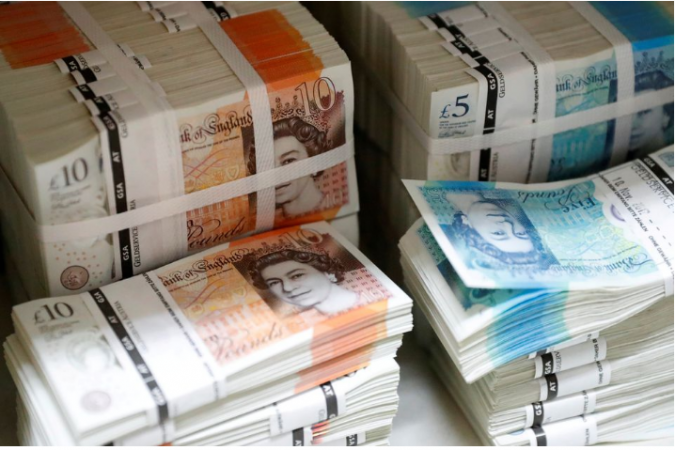
UK: Throughout the summer, Liz Truss and Rishi Sunak debate how to grow the economy while competing for Tory leadership. It turns out that when this debate broke out, the economy was shrinking: GDP declined 0.3% in August, according to data from the Office for National Statistics. This unexpected drop will probably add to the panic in the market.
Also Read: OPEC+ could send the world economy into recession
Production output decreased by 1.8%, and services decreased 0.1% overall. Of these, arts, entertainment and recreational activities decreased by 5% overall, making them one of the "largest contributors" to the decline in services as a whole.
Markets were not expecting a decline in August because the consensus for GDP growth was a growth, not a decline.
The information was released just a day after the International Monetary Fund released a report that predicted a bleak future for 2023 and predicted that the next year would "feel like a recession" for many. .
Although it acknowledges that its calculations do not take into account government taxes, which it believes have the potential to further boost growth, the IMF projects that growth in the UK will be only 0.3% over the next year.
Also Read:Sitharaman and Yellen talk about the global economy, the G20, Energy
However, if we consider the current level of agreement on how much those tax cuts will drive growth, we're still not talking about anything extraordinary.
According to recent estimates by Deutsche Bank and Capital Economics (CE), tax reforms could increase GDP by 0.5%; However, even if it is ratified, the UK would still be far from the government's target of 2.5% growth.
After the ONS revisions revealed that GDP had not yet returned to pre-pandemic levels and is not on track to do so by 2024, the figures also serve as an ugly reminder that the UK economy is on the verge of its Covid-19 pandemic. How far behind in recovery?
September is probably going to be a bad month too, as CE noted this morning that the slowdown in business activity around the Queen's funeral will probably result in another, worse contraction.
Markets will feel more uneasy as investors try to predict what will happen this Friday, when the Bank of England's emergency gilt-buying program is about to end.
Also Read:Fitch: Reduced oil production from OPEC+ will have a minor market impact
In an effort to gain some credibility with regard to spending restraint and financial responsibility, the bank intended to end the program two weeks before the chancellor's scheduled "medium-term financial update".
So, even though the August GDP figures are disappointing to read, the decline is by no means Britain's biggest economic concern.